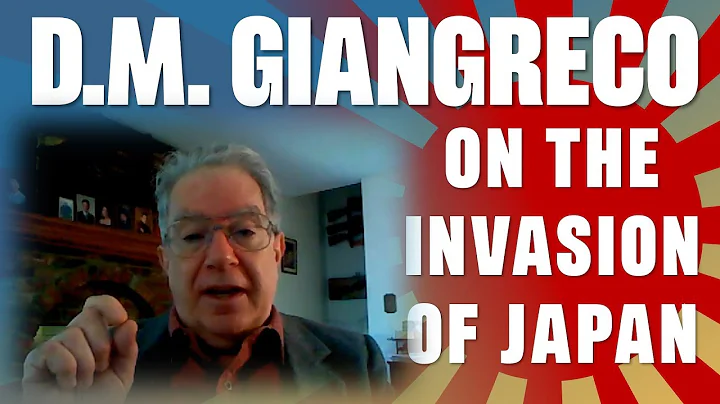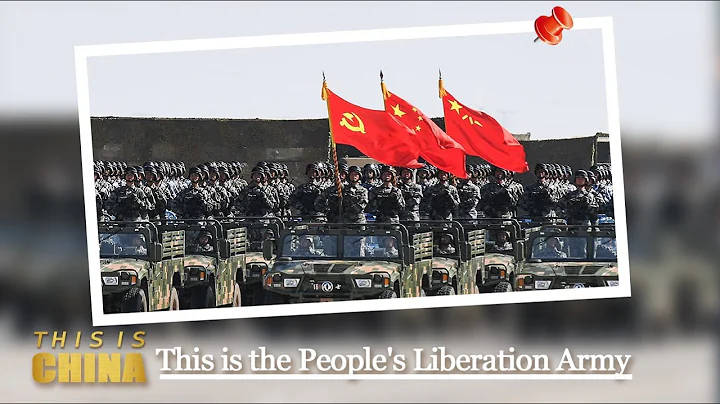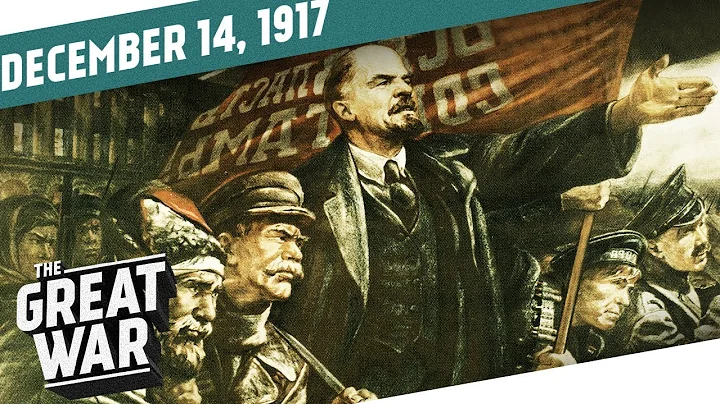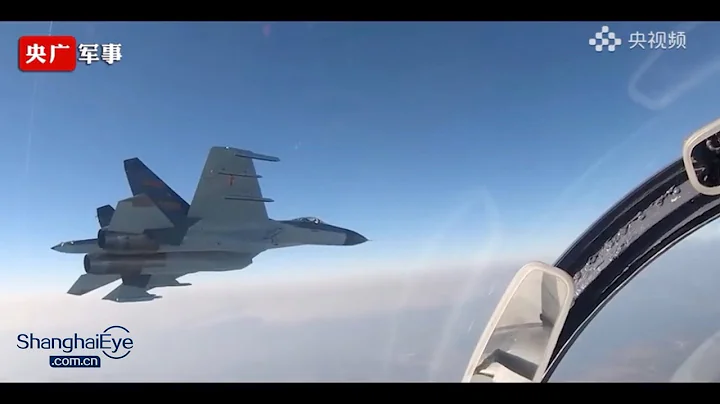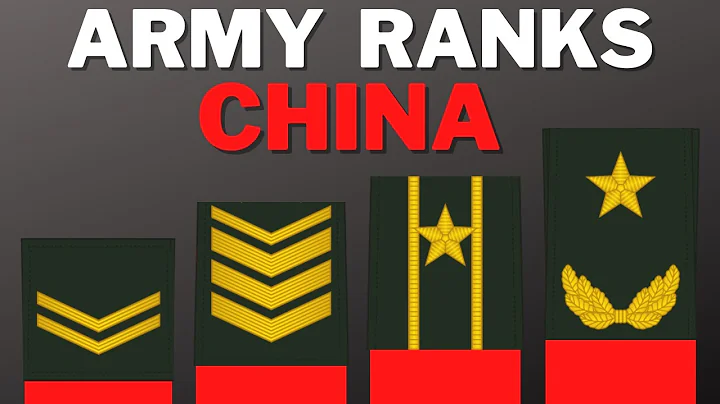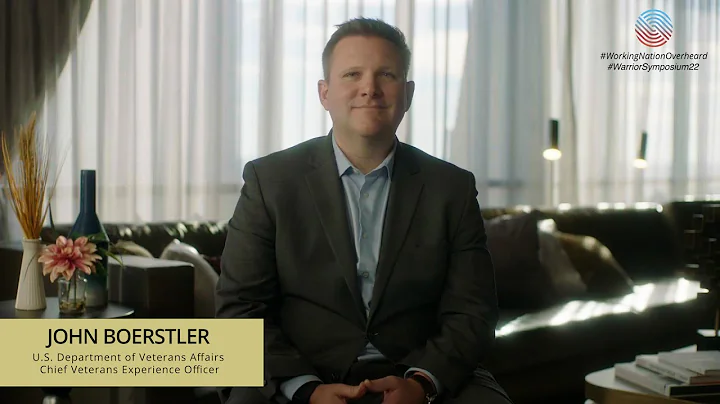During the Liberation War period, many national army generals chose to revolt and join the People's Army. For example, Pan Shuoduan and Zeng Zesheng on the Northeast battlefield, and Gao Shuxun on the Central Plains battlefield were the first national army generals to rebel. Wu Huawen who revolted in the Battle of Jinan . After joining the People's Army, he took the lead in attacking Chiang Kai-shek 's Presidential Palace in the Battle of Crossing the River .

Fu Zuoyi, Dong Qiwu, and Sun Lanfeng in North China were all generals of the national army who revolted on the liberation battlefield. Cheng Qian, Tang Shengzhi and other first-level national army generals who led the Changsha Uprising also chose to revolt, as well as Chiang Kai-shek's direct generals Chen Mingren, Chen Kefei, and Hou Jingru all chose to break away from Chiang Kai-shek's military group. He Jifeng, Zhang Kexia, Liao Yunzhou who rebelled in the Huaihai Campaign, as well as Lu Han, Long Yun, Deng Xihou, Liu Wenhui, Luo Guangwen, Guo Rugui and other generals who rebelled in the Southwest Campaign were all during the Liberation War The national army generals on the road to rebellion.
Throughout the War of Liberation, the People's Army killed and captured many senior national army generals on the battlefield, and there were also many uprisings. That is to say, among the many revolting generals of the national army, five revolting generals were praised by Duke Zhou : They did not rebel, but went home .

The first national army general who was called by Duke Zhou as not an uprising but to go home was Guo Rugui. In 1949, he led the 72nd Army of the National Revolutionary Army in an uprising in Yibin, southwest China, and joined the People's Army. In fact, his true identity is an underground comrade of our party. He secretly joined our party when he was studying at Huangpu Military Academy. Because of his military talents, he was admired by Professor Chen Cheng and became an important member of the Department of Civil Engineering. It is because of Chen Cheng's appreciation that during the War of Liberation, he served as the director of the National Army Operations Department. During this period, he continuously sent a lot of important information to our army. He is known as the underground comrade who made the greatest contribution to the victory of the Liberation War.
The second place is He Jifeng who revolted in the Huaihai Battle, the third place is also Zhang Kexia who revolted in the Huaihai Battle, and the fourth place is also Liao Yunzhou who revolted in the Huaihai Battle.
These three are not low-ranking in Chiang Kai-shek's military group, but their true identities are all "invisible generals" of our party's secret front, and they are underground comrades of our party lurking in Chiang Kai-shek's military group. They all chose to lead their troops to revolt at critical moments. For example, when the Huaihai Campaign just started, He Jifeng and Zhang Kexia led the 77th Army, and the 59th Army revolted on the battlefield, which was known in history as Jiawang Uprising. Due to their uprising, Huang Baitao's Corps was directly exposed to the eyes of the East China Field Army. This made a certain contribution to the East China Field Army's encirclement of the Corps. At the same time, it also contributed to our army's victory in the first phase of the Huaihai Campaign. .
Liao Yunzhou When the Huaihai Campaign broke out, he served as the commander of the 110th Division of the 85th Army of the Huangwei Corps. Because of his uprising, he made a huge contribution to the Central Plains Field Army breaking through the defensive positions of the Huangwei Corps. It is said that when Huang Wei's regiment was surrounded, Liao Yunzhou volunteered to serve as the vanguard of the assault army. For this, he was also rewarded by Huang Wei. But Huang Wei never expected that Liao Yunzhou would lead a division to revolt. At that time, Huang Wei thought that Liao Yunzhou had broken through our defense line, and the national troops behind him swarmed up, all exposed to the guns of the Central Plains Field Army.

The fifth national army general who was called by Duke Zhou as not an uprising but to go home was Han Liancheng. He is also our party's invisible general on the hidden front during the revolutionary war years.In the Laiwu Battle , he provided important intelligence to the East China Field Army and made a great contribution to our army's complete annihilation of the Li Xianzhou Corps in the Laiwu Battle. In order to annihilate the Li Xianzhou Corps, Han Liancheng's true identity was almost exposed. Fortunately, he had made meritorious service in his early years and gained Chiang Kai-shek's trust. Faced with this leak, Han Liancheng refused to admit in front of Chiang Kai-shek that he had leaked the news, and Chiang Kai-shek had no conclusive evidence, so he had to let him go in the end.
After this incident, Han Liancheng's trust was greatly reduced in front of Chiang Kai-shek. Du Yuming also always felt that there was something wrong with Han Liancheng and asked Chiang Kai-shek to arrest him. However, Chiang Kai-shek knew that Du and Han had never gotten along, and Chiang Kai-shek did not take Du Yuming's words too seriously. In this way, Han Liancheng escaped a disaster. When the time came, he led an uprising to join the People's Army and served as deputy chief of staff of the First Field Army. After the founding of the People's Republic of China, Han Liancheng devoted himself to the construction of northwest China and was awarded the rank of lieutenant general in 1955.
